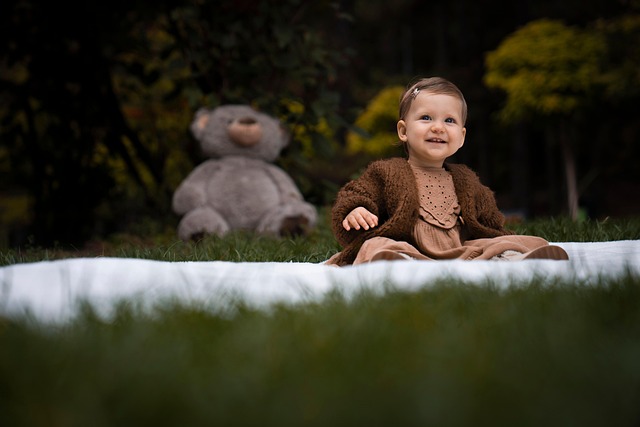The beauty of our world lies in its incredible diversity, and one of the most vivid expressions of this diversity can be found in religious celebrations. From Diwali’s vibrant lights to the solemnity of Ramadan, every ritual beckons with the promise of unity, love, and shared human experience. These celebrations, regardless of their cultural or religious origins, often share common themes that can resonate deeply with individuals from all walks of life.
Celebration, in a religious context, offers us a unique opportunity to connect not just within our faiths, but also with those of others. Each event carries its essence, rich with stories, traditions, and values that promote understanding and fellowship. For instance, during Christmas, families gather to express gratitude and reflect on the importance of giving, while Hanukkah emphasizes perseverance and hope. Similarly, the joyous gathering of friends and family during Eid reflects not only a personal commitment to faith but also a shared celebration of deep-rooted traditions.
In the hustle and bustle of modern life, these moments can remind us of the things that bind us together. Participating in a diverse array of rituals allows us to step outside of our own experiences and embrace the perspectives and practices of others. This is particularly significant in today’s multicultural society, where understanding and respect for different religious practices can foster harmony and reduce conflict. Engaging with various celebrations encourages us to appreciate the intricate tapestry of humanity that surrounds us.
Moreover, inclusive religious celebrations offer a platform for dialogue and understanding. Community events that invite participation from people of different faiths create an atmosphere of curiosity and openness. Interfaith gatherings not only contrast beliefs but also emphasize the shared values of love, compassion, and the quest for meaning. These shared experiences can foster friendships that transcend barriers and promote a fundamental appreciation for one another. The ritualistic nature of such events encourages everyone to come together, celebrate their uniqueness, yet find common ground.
As we immerse ourselves in the array of celebrations that populate the religious calendar, we can reflect on our individual and collective identities. This introspection often reveals striking similarities that enhance our understanding of others. The core of every ritual is often the same: a celebration of life, love, and the pursuit of happiness. Whether lighting candles, feasting with family, or gathering in prayer, each action is a step towards embracing our collective humanity.
Thus, let us approach each celebration as a learning experience, an opportunity to deep dive into the customs and traditions of others. Attend a Diwali festival, partake in a Passover Seder, or join in a traditional Native American powwow. Each interaction has the potential to enrich our lives and broaden our perspectives. It’s through these shared celebrations that we nurture a sense of global community, reminding ourselves that despite our differences, we share the same hopes and dreams.
In the grandeur of religious celebrations lies an egalitarian spirit, fostering inclusivity and encouraging us to celebrate not only our own faiths but also those of others. By doing so, we create a world where acceptance reigns, uniting diverse beliefs and traditions under the joyous umbrella of unity in diversity. In every song sung, every meal shared, and every story told, there exists a chance to celebrate what makes us unique while recognizing our common threads.




